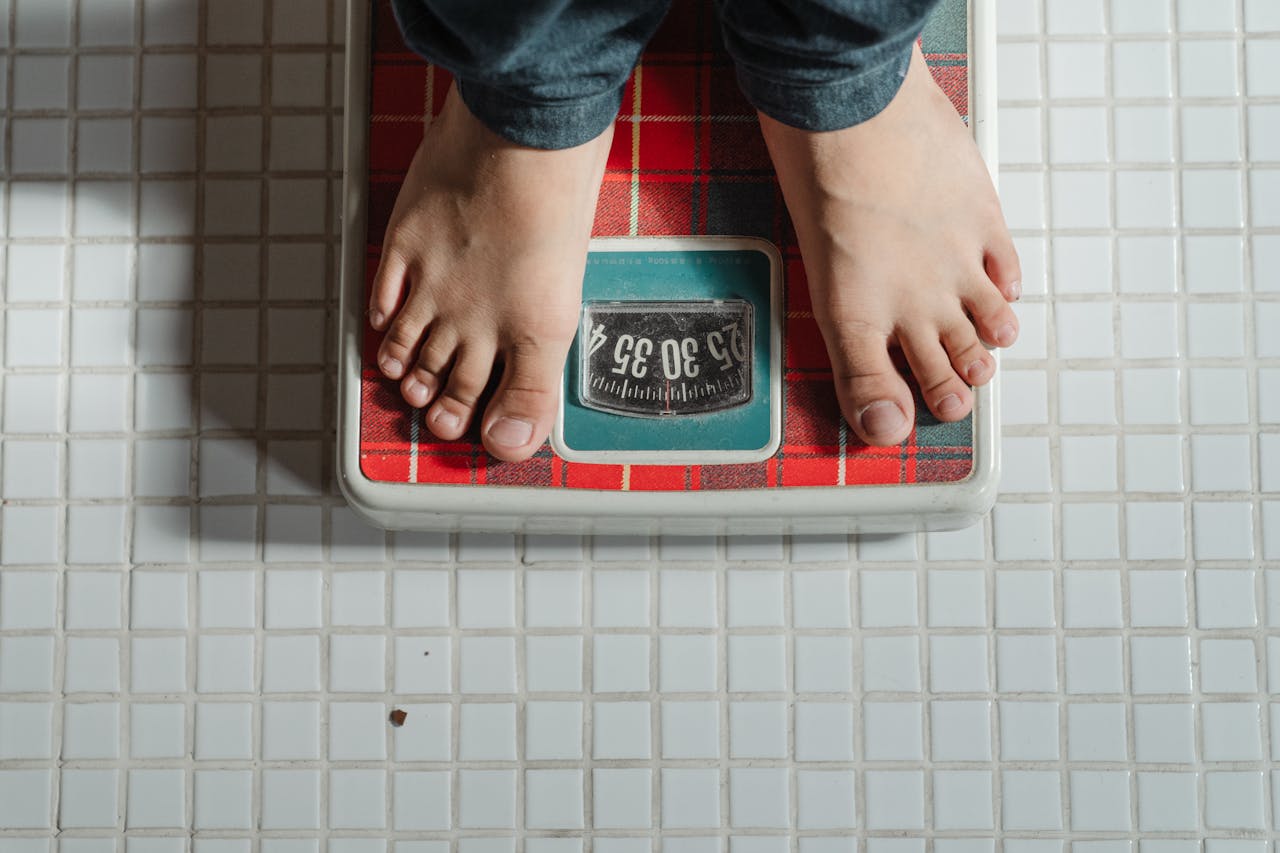Weight Loss During Menopause: Why It’s Harder and How to Succeed
If you’ve been feeling frustrated trying to lose weight during menopause, you’re not alone! Many women find that shedding those extra pounds becomes significantly harder once they hit menopause. With hormone levels changing and metabolism slowing down, the usual strategies might not work as well as they used to. But that doesn’t mean it’s impossible—it just means we need to shift our approach a little.
Let’s break down why it’s tougher to lose weight during menopause and how you can succeed with sustainable, healthy methods.
Why Is It Harder to Lose Weight During Menopause?
During menopause, a few key factors make weight loss more challenging:
- Declining Estrogen Levels: As estrogen decreases, your body tends to store more fat, particularly around the abdomen. This is why many women notice an increase in belly fat during menopause.
- Slowed Metabolism: Aging naturally slows down your metabolism, meaning your body burns fewer calories than it used to. That means if your diet and exercise routine haven’t changed, you might start gaining weight.
- Loss of Muscle Mass: With age, muscle mass decreases, which can slow your metabolism even further. Since muscle burns more calories than fat, less muscle means fewer calories burned at rest.
- Sleep Disturbances: Menopause can mess with your sleep, leading to fatigue and increased cravings for sugary or high-carb foods, which further complicates weight loss efforts.
Healthy, Sustainable Weight Loss Strategies for Menopause
The key to losing weight during menopause isn’t crash dieting or extreme measures. It’s about adopting sustainable, healthy habits that support your changing body.
1. Focus on Strength Training to Build Muscle
Since muscle mass naturally decreases with age, it’s essential to focus on strength training. Building muscle helps boost your metabolism and improves your body’s ability to burn calories. Plus, strength training supports bone health, which becomes more important as estrogen declines.
How to Get Started:
- Include 2-3 days of strength training in your weekly routine. This could be bodyweight exercises, resistance bands, or lifting weights.
- Focus on compound movements like squats, lunges, and push-ups that engage multiple muscle groups at once.
2. Prioritize Protein-Rich Meals
Protein is crucial for maintaining muscle mass, especially as you age. It also helps keep you feeling full longer, reducing the temptation to snack on unhealthy foods. Protein-rich foods support your metabolism and muscle-building efforts.
How to Eat More Protein:
- Include protein at every meal—think lean meats, eggs, fish, and plant-based options like lentils or beans.
- Snack on protein-rich options like Greek yogurt, nuts, or hard-boiled eggs.
3. Manage Stress and Sleep
Poor sleep and stress can both contribute to weight gain, especially during menopause. Cortisol, the stress hormone, tends to spike during stressful times, which can increase belly fat. Plus, sleep deprivation can lead to cravings for high-carb or sugary foods.
How to Manage It:
- Develop a calming bedtime routine to improve sleep quality—try meditation, stretching, or reading before bed.
- Practice stress-relief techniques like yoga, deep breathing, or spending time outdoors to lower cortisol levels.
4. Incorporate Fiber-Rich Foods
Fiber not only helps you stay full longer, but it also supports digestion and overall gut health, which are both key to weight loss. Fiber can also regulate blood sugar levels, which helps prevent the cravings and energy crashes that often lead to overeating.
Fiber-Rich Foods to Include:
- Leafy greens, berries, chia seeds, and legumes are excellent sources of fiber.
- Aim to include fiber in every meal to help with satiety and digestion.
5. Don’t Skimp on Healthy Fats
Contrary to popular belief, fat doesn’t make you fat! Healthy fats like those found in avocados, nuts, seeds, and olive oil are essential for hormone regulation and can actually help you feel more satisfied after meals.
How to Add Healthy Fats:
- Drizzle olive oil over salads, snack on a handful of almonds, or add avocado to your meals for a boost of healthy fats that support your weight loss efforts.
Bottom Line: You Can Lose Weight During Menopause—It Just Takes a New Approach
Weight loss during menopause can be more challenging, but it’s not impossible. By focusing on strength training, eating more protein and fiber, managing stress, and getting enough healthy fats, you can lose weight in a sustainable, healthy way. Remember, it’s about creating long-term habits that support your overall well-being, rather than quick fixes.
Your body is changing, but with these strategies, you can embrace the process and achieve your health goals with confidence.


